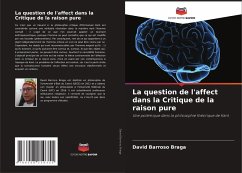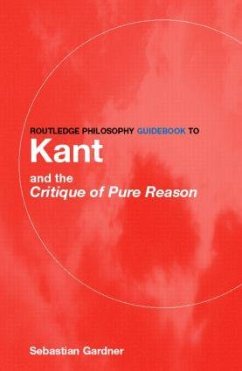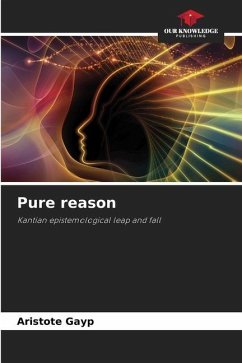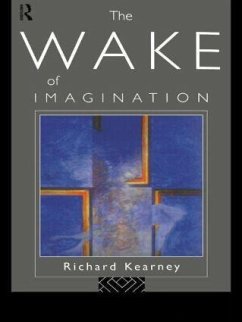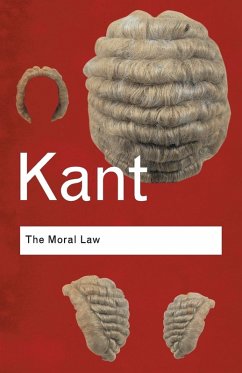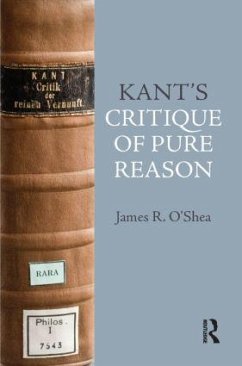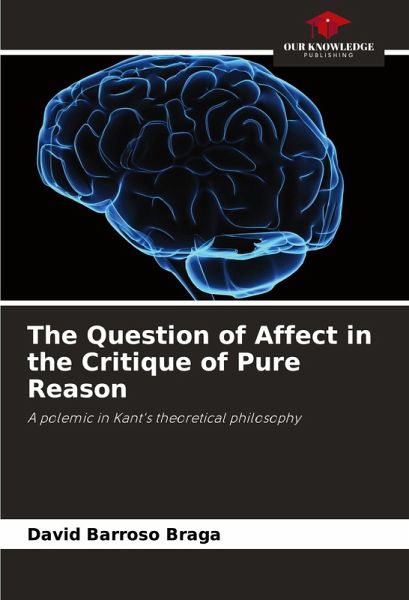
The Question of Affect in the Critique of Pure Reason
A polemic in Kant's theoretical philosophy
Versandkostenfrei!
Versandfertig in 6-10 Tagen
43,99 €
inkl. MwSt.

PAYBACK Punkte
22 °P sammeln!
It is no coincidence that Immanuel Kant's critical philosophy is considered a true revolution in the way man knows: it is what could be called an anthropocentric turn, since man can only know what is modified by his faculties (phenomena). As a consequence, nothing that belongs to an object independently of man (thing in itself) can be known by him. However, objects that are cognisable to man require that they: 1) they exist, 2) that they can be known and, above all, 3) that objects which, strictly speaking, cannot be known affect human sensibility. The main aim of this book is to deal with the...
It is no coincidence that Immanuel Kant's critical philosophy is considered a true revolution in the way man knows: it is what could be called an anthropocentric turn, since man can only know what is modified by his faculties (phenomena). As a consequence, nothing that belongs to an object independently of man (thing in itself) can be known by him. However, objects that are cognisable to man require that they: 1) they exist, 2) that they can be known and, above all, 3) that objects which, strictly speaking, cannot be known affect human sensibility. The main aim of this book is to deal with the controversial thesis of affection in the Critique of Pure Reason, which was highlighted by his contemporaries during Kant's time. The problem of affection is central, since it is from it that human knowledge ceases to be an empty/formal structure and acquires content.





